Surveys ask the educators
The results of two nationally representative surveys of educators were recently reported in the Education Week special report “Big Ideas 2022: 10 Broad Trends in K-12 Education”. In all, 1,897 educators responded to the first survey, and 1,099 educators participated in the second survey. We recap the survey results below.
You can download the full report here.
Questions about Equity and Equality
- Educators were asked to define the word “equality” vs. the word “equity” in K-12 education. 78% responded that “equality is about giving all students the same opportunities; equity is about outcomes and giving some students, who have tended to have lower performance or higher needs, additional resources.” 13% of educators said that the “concepts are similar, but ‘equity’ has become controversial/weaponized.”
- When asked what their views are of equity and equality in K-12 education are, 76% responded that they “support equity and equality, even though I define both in different ways.” 12% said they “support equality but not equity” and 4% said they “support equity but not equality.”
- Responding to a question about their district policy on equality/equity, 52% said they “have formally committed to both equity and equality”, 15% said they “have formally committed to equity but not to equality”, 9% said they have “formally committed to equality but not to equity”, and 24% said their district has “not formally committed to either equity or equality.”
Questions about No Child Left Behind and Every Student Succeeds Acts
- Inquiring about the federal No Child Left Behind and Every Student Succeeds Acts, 26% of educators surveyed felt that “there was nothing positive about these laws”. 23% felt that a positive outcome was that there is “additional Title I and other funding.” 21% felt that it was good that there is a “requirement to look at disaggregated data to see how student groups performed.” 15% felt that the “requirements to improve/intervene in schools or with student groups with low performance” was a positive outcome of these acts.
- Nearly all educators surveyed (97%) felt that there was some type of negative effect from the NCLB and ESSA acts. 38% felt the most negative outcome was the mandated annual testing in reading and math, 29% felt the most negative outcome was the “consequences for schools or districts with low performance.”
Questions about the impact of the COVID-19 pandemic
- When asked if the pandemic transformed public K-12 education, 94% of educators surveyed agreed that COVID-19 has had an impact. 52% said “Yes-it’s been a major transformation”, while 43% said “I’d describe it as more of a minor change than a transformation”, and 6% of educators didn’t feel that the pandemic had transformed public K-12 education at all.
- Educators were asked to list all impacts of the coronavirus pandemic that they think will have a lasting positive impact on education a decade from now. The majority of educators, 61%, said that the “added flexibility of moving at least some meetings/gatherings online” would be the most lasting positive impact. 57% said that “more attention given to student mental health” would be one of the most lasting positive impacts, 54% felt that “better integration of technology” was a lasting positive, and 54% felt that the “ability to offer remote learning when necessary” was a lasting positive. Others included more and better technology, more attention given to staff mental health, improved cleaning protocols, better ventilation/HVAC systems, and several other factors would be a lasting positive.
- When asked which pandemic impact they would MOST like to see in their district or school in ten years was, 21% said “more attention given to student mental health”, 20% said “less focus on standardized testing”, 11% said “more attention given to staff mental health”, 11% said they hoped that “more wraparound services for student well-being” would be a lasting impact, 16% hoped for more flexibility to be a permanent change, and 9% want to see more/better technology and integration of technology.
Questions about transformation and change in K-12 education
- When asked for their opinion on what is the biggest obstacle preventing major transformations in K-12 education, 42% of educators said that local, state or federal officials or their policies are the biggest obstacles to change. 23% said that funding levels are the biggest obstacle. 19% responded that either parents, administrators, teachers, or students themselves were the biggest obstacle.
- In response to the question about what they believe is the biggest enabler of change/transformation in K-12 education, 35% pointed to teachers as the most significant change agent. 13% think funding levels are the key to major change, and 10% think administrators have the largest impact.

